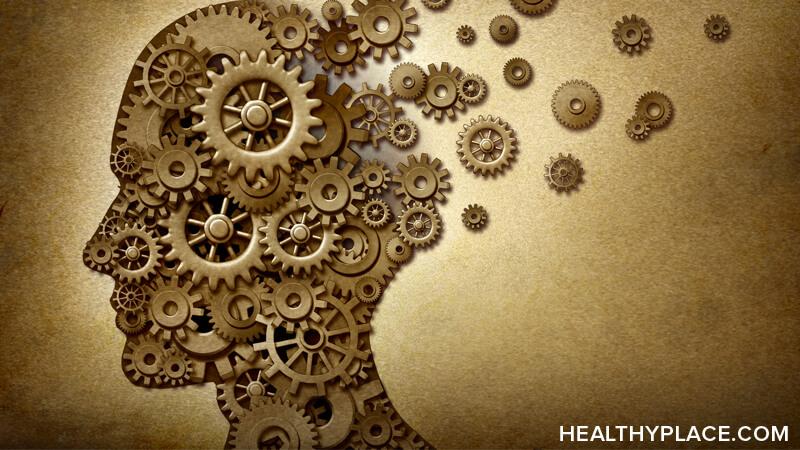Does Relatability Decrease Mental Health Stigma?

Have you ever wondered if relatability has anything to do with mental health stigma? I haven’t until recently. Now that it’s entered my mind, I can’t help but wonder how much of a role that might play in decreasing stigma and maybe even perpetuating it.
Understanding Mental Health Struggles by Relating to Them
Relating to something, or attempting to relate to something, helps us understand it. When we don’t understand something, we do so by relating it to something we do understand, and I think people try to do that with mental health struggles, as well.
I started thinking about this as I’ve been trying to grapple with something I’ve been struggling with lately, which is obsessing about closing doors and lock checking. When I leave the house, I need to check several times that the door is closed and locked. Yet, I often feel intense anxiety that somehow I haven’t closed or locked the door. So much so that I have to turn around to go check it.
I think it has echoes of obsessive-compulsive disorder (OCD), although I don’t know for sure if that’s what I’m dealing with. Regardless, it got me thinking about trying to make sense of these kinds of behaviors and anxieties.
Considering how much trouble I’m having wrapping my own head around these thoughts and behaviors in myself, I can see why others would try to find ways to rationalize it through relating it to something. For instance, people try to understand depression by relating it to sadness. With OCD, people try to understand it by equating it to neatness.
However, both of those grossly minimize what these conditions are and ultimately lead to stigma because of it, even if unintentional.
Stepping Stones to Decreasing Mental Health Stigma
Whether or not relatability decreases mental health stigma is an interesting question. You could argue that people now stigmatize depression less because they better understand sadness and some other symptoms of the way depression manifests. But OCD is difficult for many to relate to when looking past the superficial ideas of neatness.
Like I said, even I’m having trouble wrapping my head around the intense anxiety I feel when I worry that I haven’t closed and/or locked the door. If it’s not OCD, I can only imagine the discomfort and struggle with understanding the thoughts and linked behaviors.
To get back to my original question of whether or not relating to something can decrease stigma, my answer is I’m not sure. I always say that mental health stigma can come from a lack of understanding, so I can appreciate trying to understand mental health struggles by finding a way to relate to them. But, again, trying to do so can also lead to stigma.
Maybe it’s a stepping stone in the right direction. If we’re going to keep stepping on these kinds of stones, however, we’ll have to be cautious about slipping into the waters of mental health stigma.
APA Reference
Barton, L.
(2021, December 13). Does Relatability Decrease Mental Health Stigma?, HealthyPlace. Retrieved
on 2026, February 28 from https://www.healthyplace.com/blogs/survivingmentalhealthstigma/2021/12/does-relatability-decrease-mental-health-stigma
Author: Laura A. Barton
This poses an interesting question. As conversations around mental health become more mainstream, even increasing in appearance across various forms of media, it can be hard to know what the actual impact is. As you say, in general, it feels like the direction is positive. We're beginning to talk about things openly that in the past were practically considered taboo. Now that we've opened the gates, we can continue to steer and shape the conversation to be increasingly helpful. It feels like a good direction!
I agree! It does feel like a good direction, and "steering and shaping" the conversation is a good way to put it.
